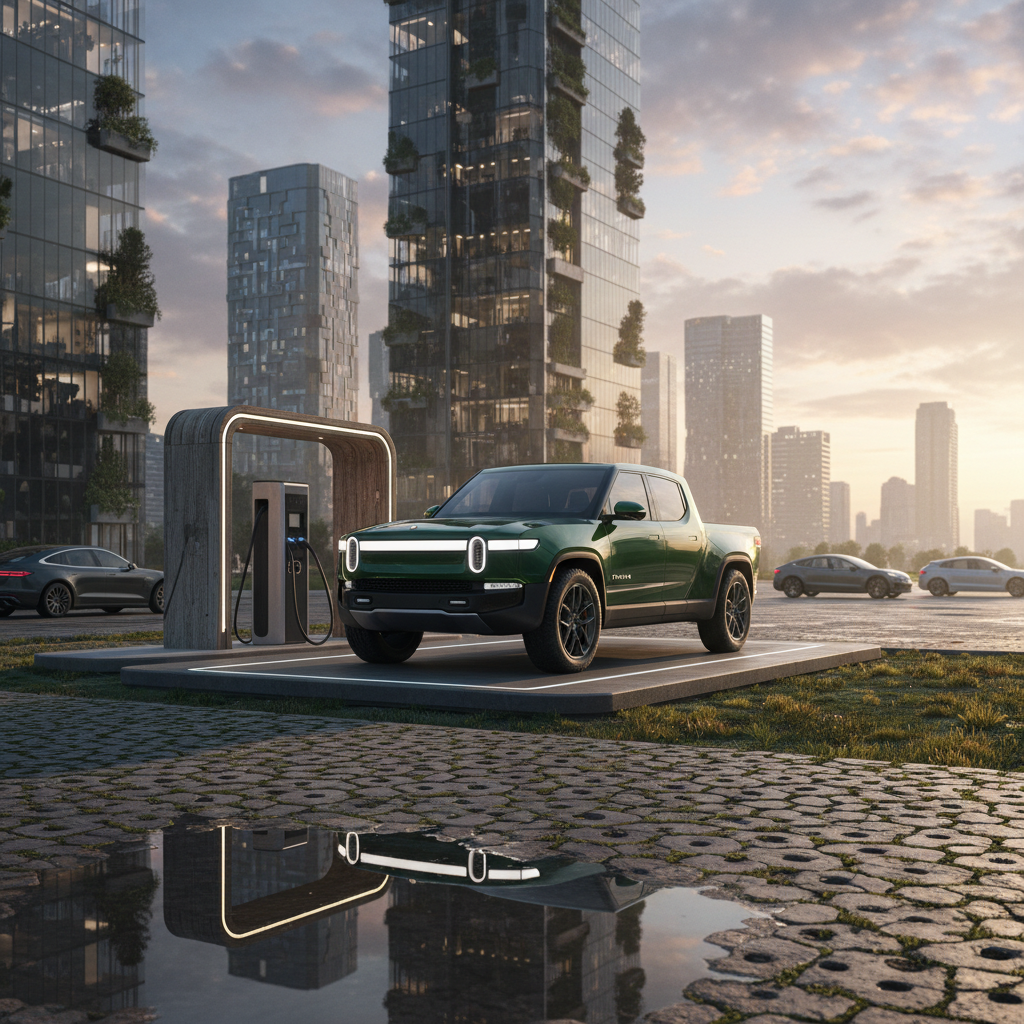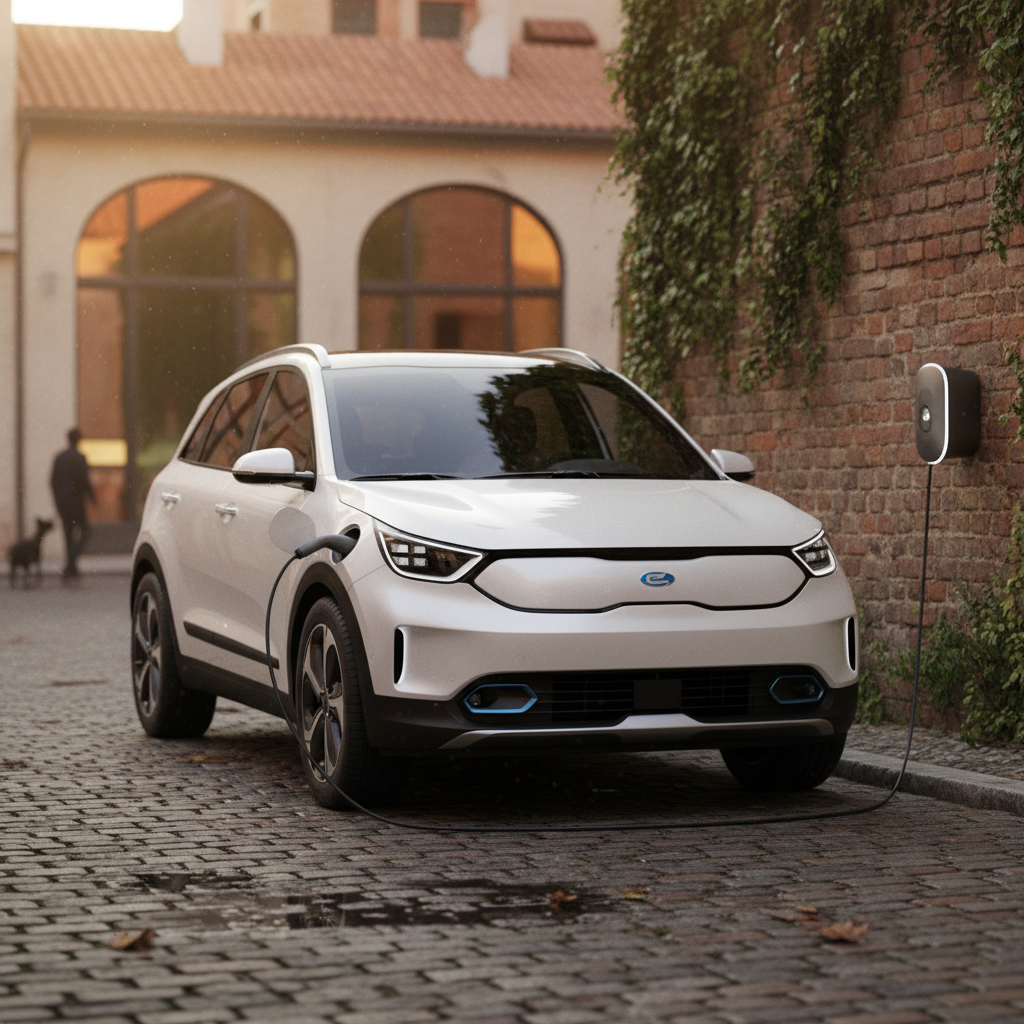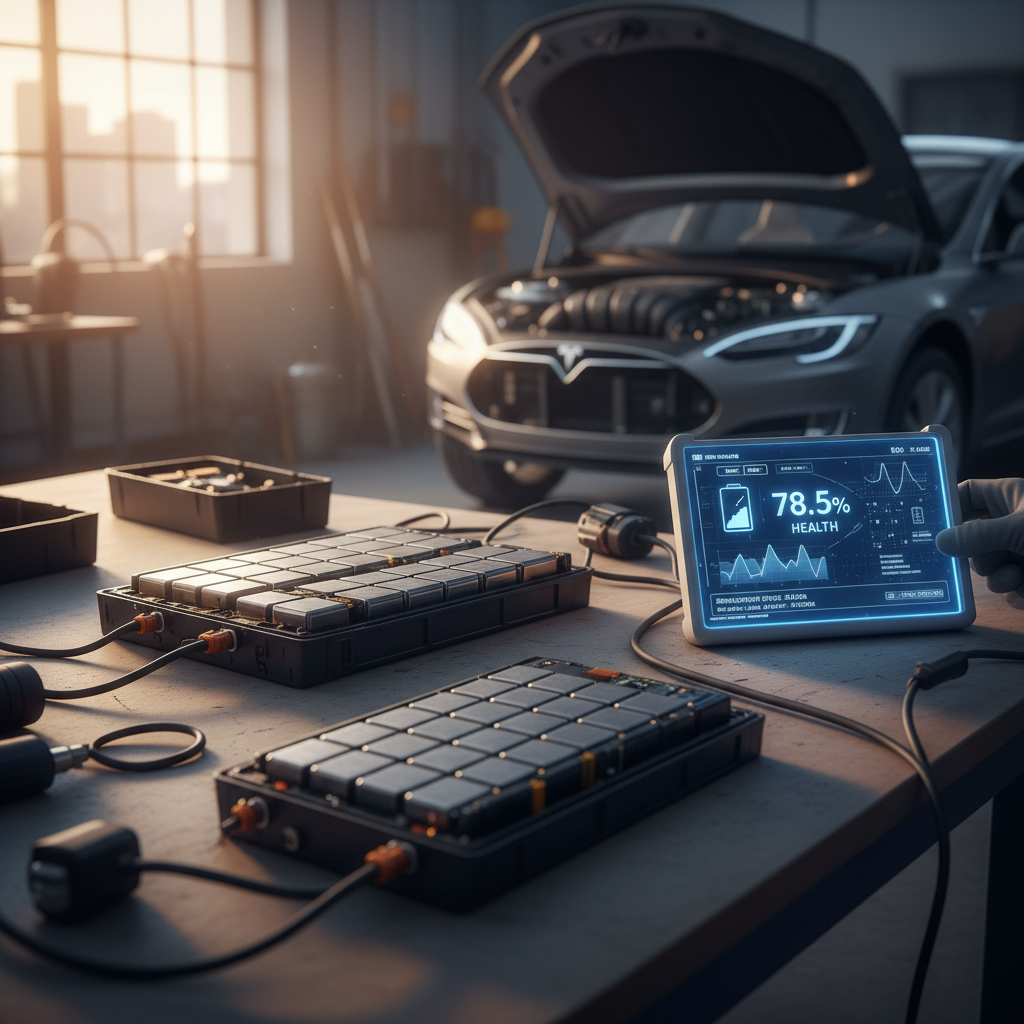If you just typed “cheap mechanic near me” after seeing a scary estimate, you’re not alone. Repair costs are up across the board in 2025, and electric vehicles add a new wrinkle: there are fewer shops that can work on them, and some dealers quote eye‑watering prices for relatively simple issues. The good news is that you can still find affordable help, especially if you know how EV repairs really work and when it’s smarter to quit sinking money into the wrong car.
EVs are cheap to maintain, but repairs can sting

Why “cheap mechanic near me” is different for EV owners
When you search for a cheap mechanic near me with a traditional gas car, you’re usually comparing oil change coupons and brake specials. With an EV or hybrid, the equation is different. Routine maintenance is already lower; your real risk is overpaying for high‑skill jobs at the wrong shop, or having inexpensive problems misdiagnosed as expensive ones.
EV vs. gas: what actually needs a mechanic?
Understanding this helps you avoid paying dealership prices for basic work.
Fewer routine services
EVs don’t need oil changes, timing belts, or exhaust repairs. Typical yearly maintenance is limited to tires, cabin filters, and inspections.
Specialized repairs
High‑voltage systems, battery cooling, and software issues require EV‑trained techs and insulated tools, something not every “cheap shop” offers.
Different cost profile
You’ll likely spend less per year overall than in a gas car, but a single complex repair can be a big bill. Choosing the right shop reduces that risk.
Don’t chase the absolute lowest quote
How much should EV repairs actually cost in 2025?
To spot a genuinely affordable mechanic, you need realistic expectations. In 2025, labor rates and parts prices are up for all vehicles, but EVs follow a specific pattern: day‑to‑day maintenance is cheaper than on gas cars, while collision and complex electronic repairs are often more expensive.
EV costs vs. gas cars in 2025: what’s normal?
These numbers aren’t meant to scare you; they’re guardrails. If a shop wants $600 for a simple 12‑volt battery replacement, or thousands to “try” a part without clear diagnostics, you’re not looking at a cheap mechanic, you’re looking at an expensive guess.
“Cheap” vs good: how to compare mechanics near you
What people usually mean by “cheap mechanic”
- Lowest hourly rate or coupon price
- Walk‑in availability and quick turnarounds
- Minimal diagnostic fees up front
- Often focused on older gas cars
That works fine for simple jobs on simple cars. But EVs are rolling computers tied to high‑voltage systems.
What you actually want for an EV
- Transparent labor rate and flat‑rate quotes
- Proven EV or hybrid experience, not just “we’ll take a look”
- Clear process for diagnostics and approvals
- Access to OEM‑level scan tools and service data
This combination might cost a bit more per hour, but it usually costs less per problem.
Good sign you’ve found value, not just cheap
How to find an affordable EV or hybrid mechanic near me
The fastest way to waste money is to call random shops asking, “Do you work on EVs?” and stopping at the first yes. Instead, combine a few targeted tools and questions to narrow down truly affordable, qualified options in your area.
Four smart ways to find an EV‑savvy mechanic
Use these together, don’t rely on just one app or recommendation.
1. Search smarter, not just closer
When you type “cheap mechanic near me” into Google or Maps, add your need:
“cheap EV mechanic near me” or “hybrid battery repair near me”. Then:
- Sort by rating and number of reviews, not just distance.
- Read reviews mentioning EVs, hybrids, or specific models.
- Avoid shops with generic 5‑star reviews but no details.
2. Look for certifications that actually matter
For complex EV work, prioritize:
- ASE L3 (Hybrid/Electric Vehicle Specialist)
- OEM programs (Tesla, Ford, GM, Hyundai, etc.)
- State or utility‑sponsored EV training
These don’t guarantee perfection, but they beat “we’ll figure it out” every time.
3. Use apps & directories with EV filters
Many shop‑finder tools now let you filter by EV or hybrid expertise. In addition to Google Maps, look at:
- Automaker service locators for your brand.
- Insurance‑approved repair networks.
- Local EV owner groups recommending trusted independents.
4. Ask the questions dealers don’t expect
Call two or three shops and ask:
- “What EVs do you work on most often?”
- “Do you have insulated tools and high‑voltage PPE?”
- “What’s your diagnostic process and fee?”
You’ll learn more from their answers than from their hourly rate alone.

Ways to cut your EV repair bill before you see a mechanic
Before you throw another thousand dollars at a problem, make sure you’re not paying a mechanic to do things your car, or you, can handle on your own. Many EV issues turn out to be software, low‑voltage battery, or charging‑hardware quirks.
Quick wins: lower the bill before the first wrench turns
1. Use your car’s built‑in diagnostics
Most EVs log detailed fault codes you can see in the app or on the dash. Grab screenshots or photos before you clear anything. Sharing these with a shop can reduce diagnostic time.
2. Rule out charging equipment issues
If your EV won’t charge, test a different charging station or cable before assuming the car is at fault. A surprising number of “charger failures” are actually wall units or public stations misbehaving.
3. Check the 12‑volt battery
EVs still rely on a traditional 12‑volt battery to power computers and relays. A weak one can cause random warning lights and no‑start conditions. A mobile service can often replace this for less than a dealer visit.
4. Update software before you panic
If your EV supports over‑the‑air updates, install any pending updates and reboot the infotainment and vehicle systems. Software bugs can mimic hardware failures.
5. Gather history and paperwork
Bring prior invoices, warranty info, and any messages from the automaker. A good mechanic can often spot patterns, TSBs (technical service bulletins), or recalls that cover your issue.
6. Ask for a “diagnose only” first visit
Tell the shop you want paid diagnostics and a written estimate, not an open‑ended authorization. This keeps the initial bill under control and gives you leverage to shop the quote if needed.
Pro tip: separate maintenance from diagnosis
When a big repair means it’s time to move on
Sometimes the cheapest mechanic near you is no mechanic at all, it’s deciding not to fix the car. That’s especially true with older EVs or hybrids facing battery or high‑voltage repairs that can easily run into four figures once they’re out of warranty.
Repair or replace? A quick comparison
If your estimate falls into the right column, it’s worth asking whether your money is better in a newer, more efficient EV.
| Scenario | Repair Makes Sense | Time to Move On |
|---|---|---|
| Factory warranty still active | Yes, push for warranty or goodwill coverage. | Only move on if the car has multiple recurring issues. |
| Minor electronics (sensors, cameras, infotainment) | Yes, especially if estimate is under $1,000. | Consider replacing if issues are chronic and affect safety systems. |
| Out‑of‑warranty high‑voltage battery fault | Maybe, if pack is repairable and cost is well below car value. | Often. Full pack replacement can rival the value of older EVs. |
| Major collision damage | Yes, if insurance covers a proper repair. | If out of pocket costs approach the car’s resale value. |
| Long list of small issues on an old car | Fix only the safety‑critical items. | Stacking multiple “cheap” repairs can exceed the value of a safer, newer EV. |
Rule of thumb: if a single repair is more than 25–30% of your car’s resale value, it’s time to consider alternatives.
Don’t pour good money after bad
This is where a platform like Recharged changes the math. Instead of gambling on a huge repair, you can trade in or sell your current car and move into a used EV with a verified Recharged Score battery‑health report. You’ll see transparent pricing, diagnostics, and ownership costs before you commit, no surprise estimates after the fact.
Checklist: questions to ask any EV mechanic
When you’re on the phone or standing at the service counter, it’s easy to forget what to ask. Use this as a script to make sure a “cheap mechanic” is also the right mechanic.
Questions that separate real pros from guess‑and‑check shops
1. What EV and hybrid models do you work on most?
You want to hear your brand, or at least similar models, without hesitation. A shop that mostly sees pickup trucks might not be the best fit for a high‑voltage diagnosis.
2. Do you have ASE L3 or OEM EV training?
Certifications aren’t everything, but they’re a strong signal that the techs know how to work safely and efficiently on electrified drivetrains.
3. What’s your diagnostic process and flat fee?
Look for a clear, written diagnostic fee and a promise to call with an estimate before doing additional work. Vague answers are red flags.
4. Can I see the scan results or error codes?
A confident shop is happy to show you stored codes, test results, and the logic behind their recommendation. You shouldn’t have to accept “the computer said so” as the full explanation.
5. Do you use OEM‑quality or aftermarket parts?
Aftermarket parts can save money, but they aren’t always a good idea for high‑voltage or safety‑critical components. Ask where they’ll economize and where they won’t.
6. What warranty do you offer on parts and labor?
Even a budget‑friendly shop should stand behind its work. A 12‑month warranty is common; some independents offer longer coverage to compete with dealers.

FAQ: “cheap mechanic near me” (EV & hybrid edition)
Frequently asked questions about cheap EV mechanics
Bottom line: finding a cheap mechanic near me for EVs
Searching for a cheap mechanic near me is really about protecting your wallet, not just scoring the lowest hourly rate. With EVs and hybrids, the shop that charges a bit more per hour, but diagnoses problems correctly the first time, will usually cost you less over the life of the car.
Start by separating routine maintenance from true diagnostics, use certifications and reviews to screen shops, and ask better questions than “how much is your labor rate?” If a single repair threatens to wipe out a big chunk of your car’s value, compare that bill with the cost of moving into a used EV with a verified Recharged Score. Whether you stick with your current car or switch into one that’s already been inspected and scored, the cheapest path is the one where you actually know what you’re getting.



